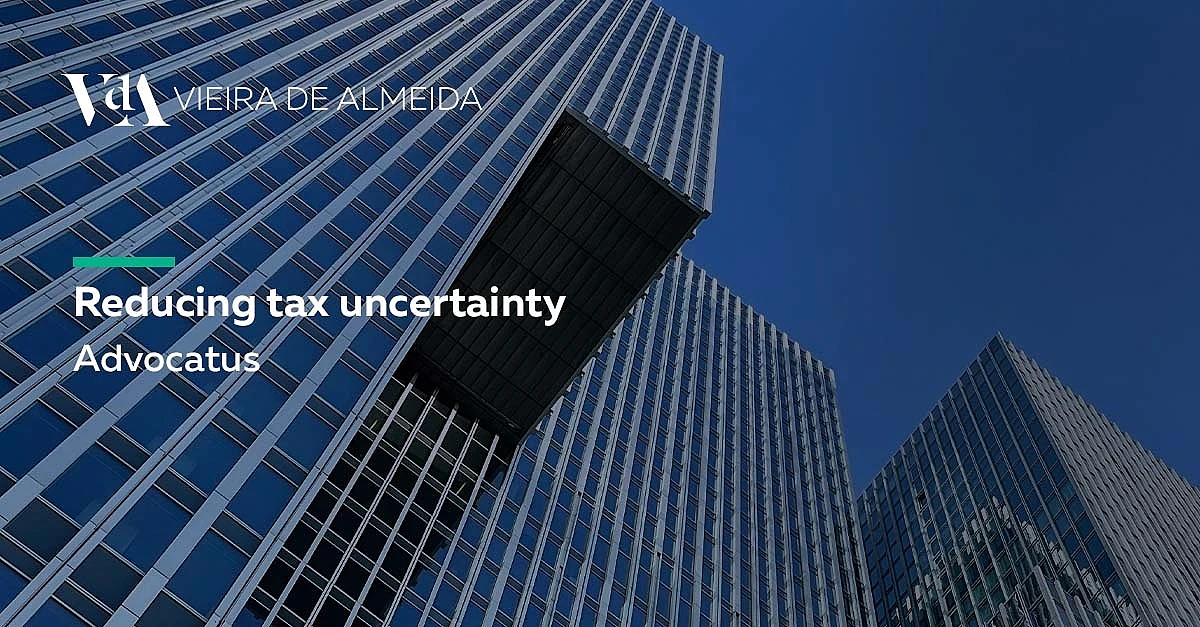Vítor Loureiro e Silva, Senior Associate of the Tax Practice Area, has written an article for Advocatus titled 'Reducing tax uncertainty', in which he argues that improving the day-to-day experience of taxpayers does not depend on changing the law but on updating the administrative practices and guidance issued by the Portuguese Tax and Customs Authority (AT). He notes that, particularly in the area of VAT, uncertainty persists because outdated interpretations continue to be applied, often in conflict with both national and European case law.
As VAT is an EU-harmonised tax, the Court of Justice of the European Union plays a key role in ensuring consistent application across Member States, and its rulings are binding on national courts. Administrative guidelines issued by the AT, however, bind only the tax administration itself. This, Vítor Loureiro e Silva argues, creates room for inconsistencies that ultimately disadvantage taxpayers.
In his article, he highlights two clear examples. The first concerns staff secondment: despite case law confirming that these arrangements amount to a VAT-taxable service even when only costs are reimbursed, the AT continues to follow a position set out more than two decades ago, treating such transactions as outside the scope of VAT. The second example involves research and development activities. The AT maintains that R&D without immediate commercial objectives does not constitute an economic activity for VAT purposes, thereby limiting the right to deduct input VAT. Case law, however, has long recognised that R&D can still qualify as an economic activity where the knowledge generated may later be used in commercially relevant projects or result in assets such as patents or licences.
These mismatches, the author warns, force taxpayers into choices they should not have to make—between following the outdated administrative view to avoid disputes, or following the case law and facing the risk of inspections and litigation. This situation has contributed to the growing use of tax insurance, which, he argues, should be reserved for genuinely complex matters rather than used to offset the consequences of obsolete administrative interpretations.
He concludes that bringing administrative guidance into line with established case law would significantly reduce litigation, strengthen legal certainty and improve the overall functioning of the tax system. As he puts it, ensuring the proper application of the law requires 'aligning administrative practice with the jurisprudence', so that predictability and fairness can be guaranteed.
- Read the full article here.
